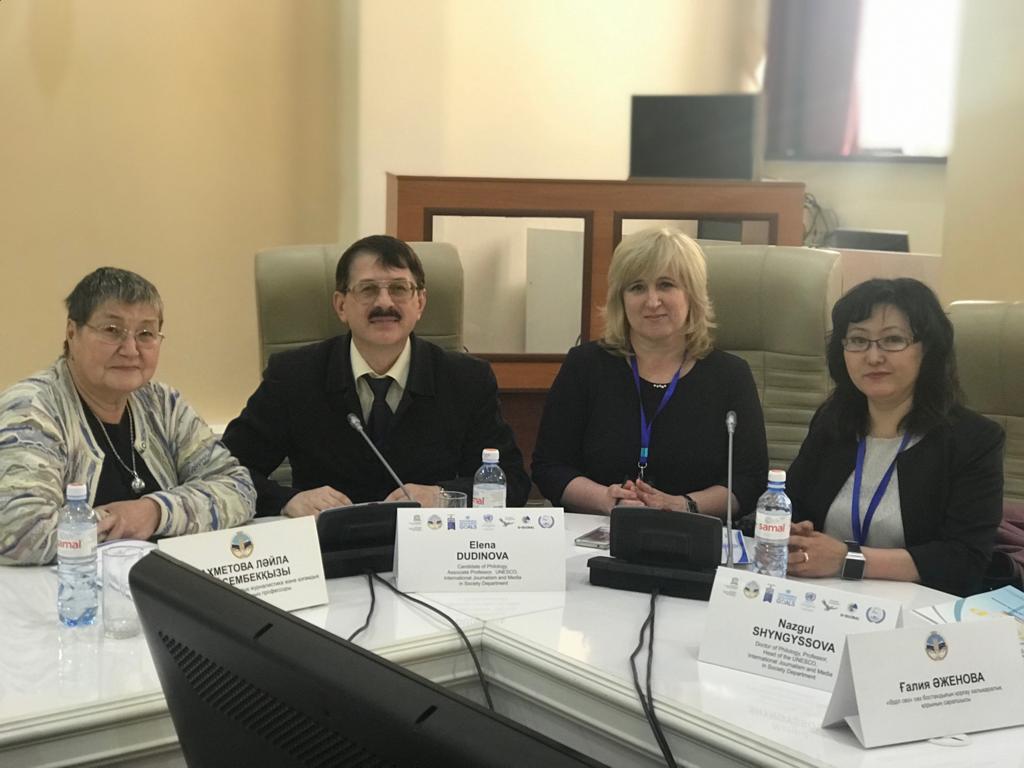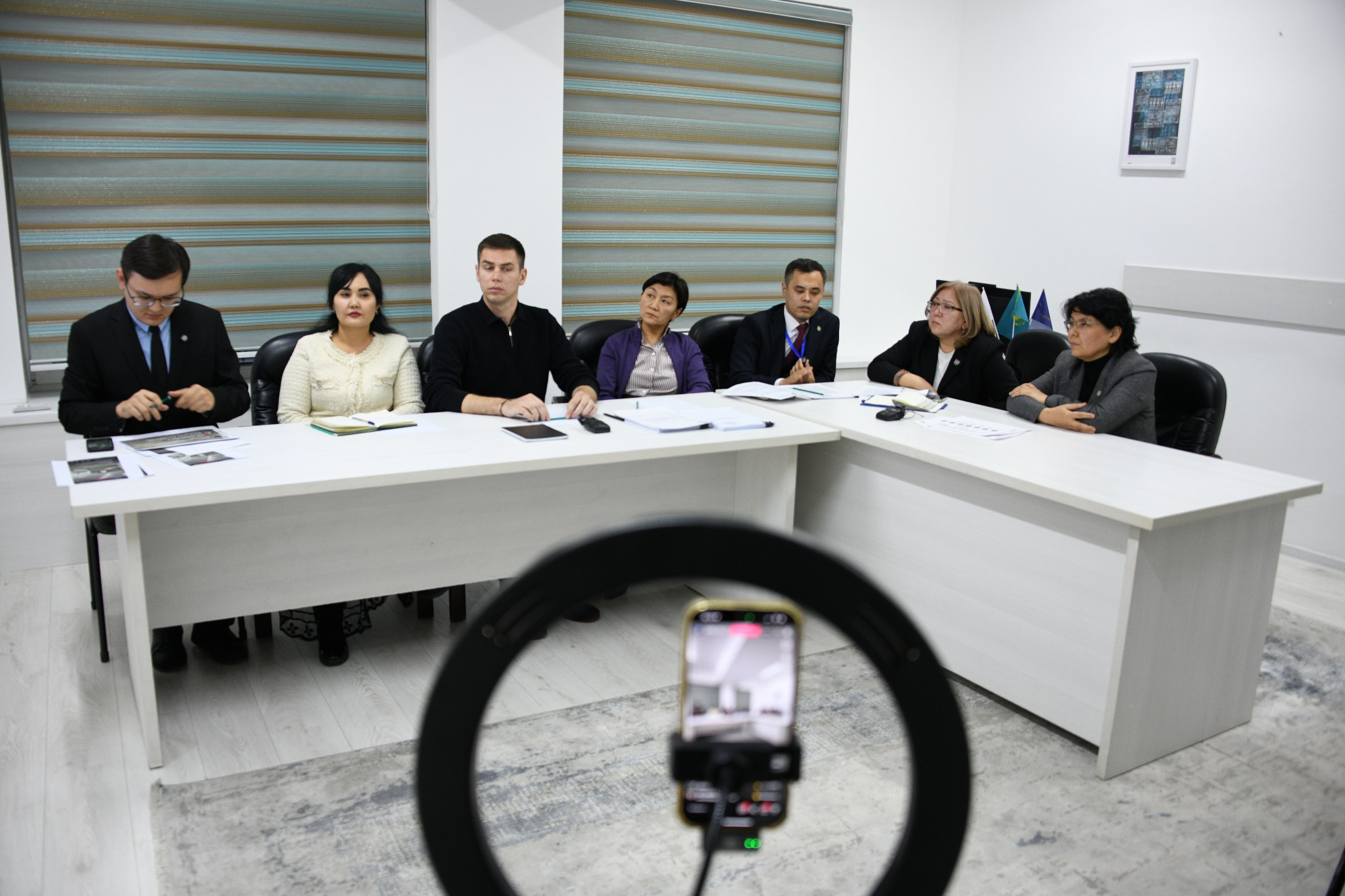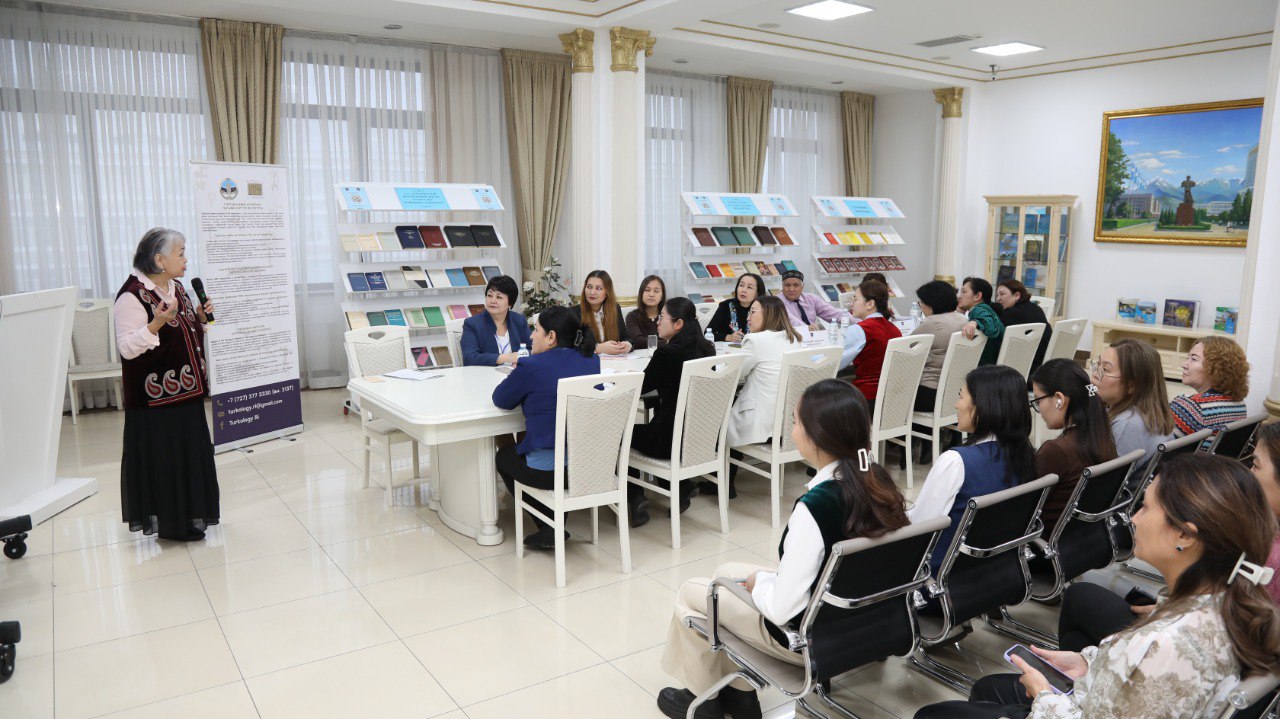SDGs AND JOURNALISTIC EDUCATION: FUTURE TECHNOLOGIES

In early May, the UNESCO Chair in Journalism and Communication at Al-Farabi Kazakh National University held a creative workshop dedicated to the International Day of Press Freedom, proclaimed by the United Nations General Assembly on May 3, 1993. The meeting explored the prospects and opportunities of modern media education within the framework of Sustainable Development Goals implementation.
Freedom of journalism and expression of opinions are fundamental rights enshrined in the Universal Declaration of Human Rights. Openness of public discourse and unrestricted access to information contribute to the effective resolution of pressing issues across various sectors such as the economy, culture, ecology, and education. They enhance societal awareness of the state of affairs within society, bolstering public participation in state affairs, combating corruption, and laying the groundwork for democracy.
Quality journalism education contributes to the professional growth and competitiveness of future media specialists. Honest and transparent media outlets assist society in responding to global changes, making issues and risks such as climate change and pandemics visible, combating the spread of misinformation and incitement of hatred, and promoting gender equality.
The event took place in the format of a creative meeting with students, resembling a workshop led by educators and young instructors. In conclusion, the launch of an innovative Massive Open Online Course (MOOC) project was presented, developed by the UNESCO Chair in Journalism and Communication as part of the project "Region - Central Asia: Journalism Education on Migration Issues," supported by the UNESCO Cluster Office in Almaty for Kazakhstan, Kyrgyzstan, and Tajikistan.
Students engaged enthusiastically with the new educational platforms, where traditional practical sessions transformed into engaging games. Valuable and important knowledge was presented in an understandable and easy-to-digest format—a learning quest on mobile phones. Successfully completed tests affirmed a high level of knowledge retention.
As noted by the project leader from the UNESCO Chair in Journalism and Communication, Professor N.T. Shyngyssova: "This learning format represents a synthesis of traditional educational materials and the possibilities of gamification. Such technologies are in demand in creative journalism workshops and contribute to the consolidation of knowledge and skills among students."
E. Dudinova


